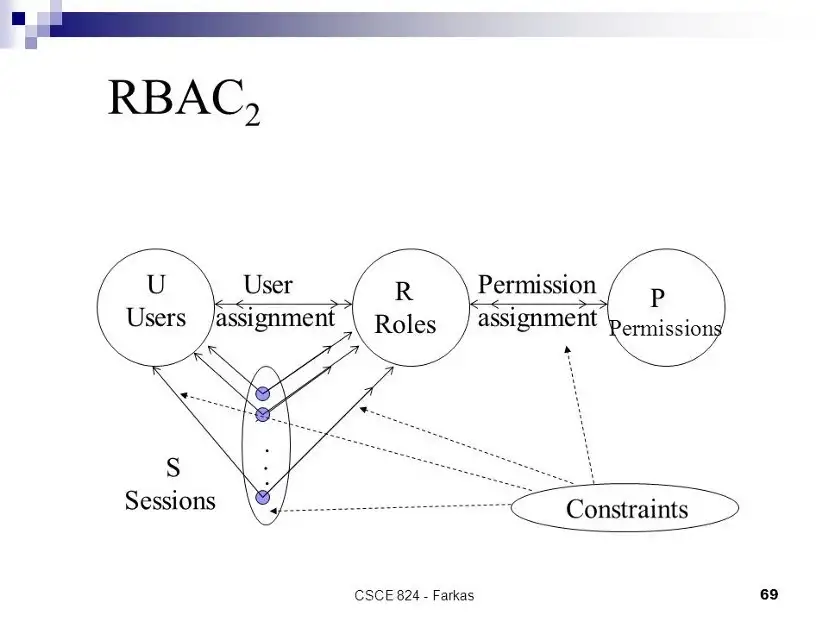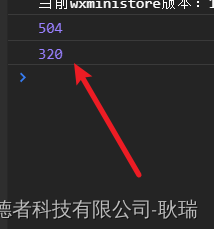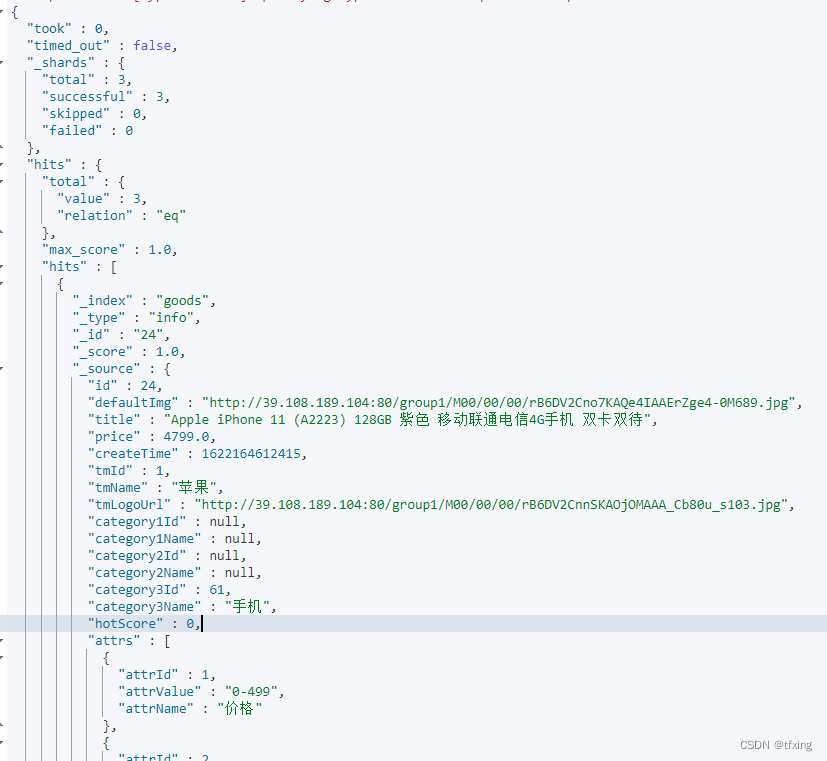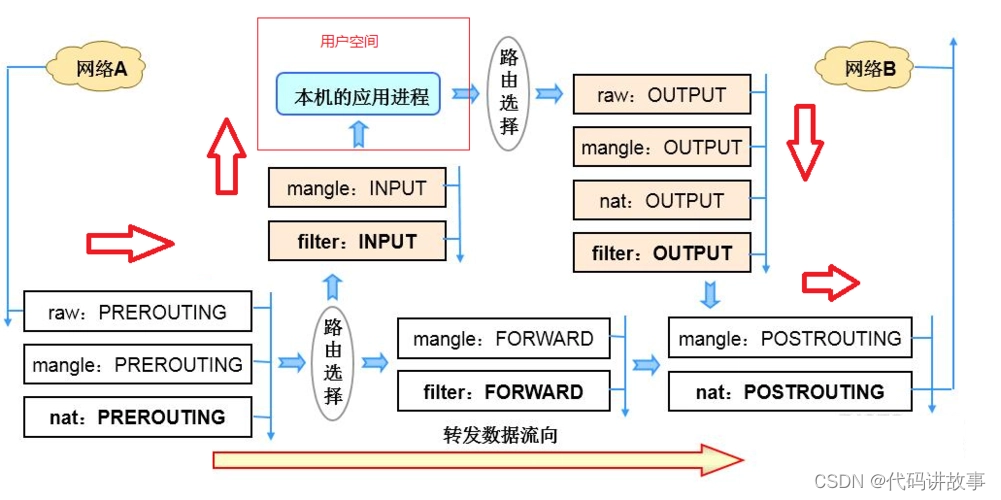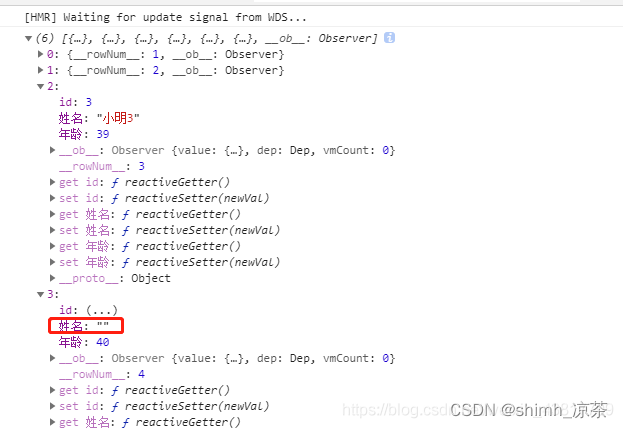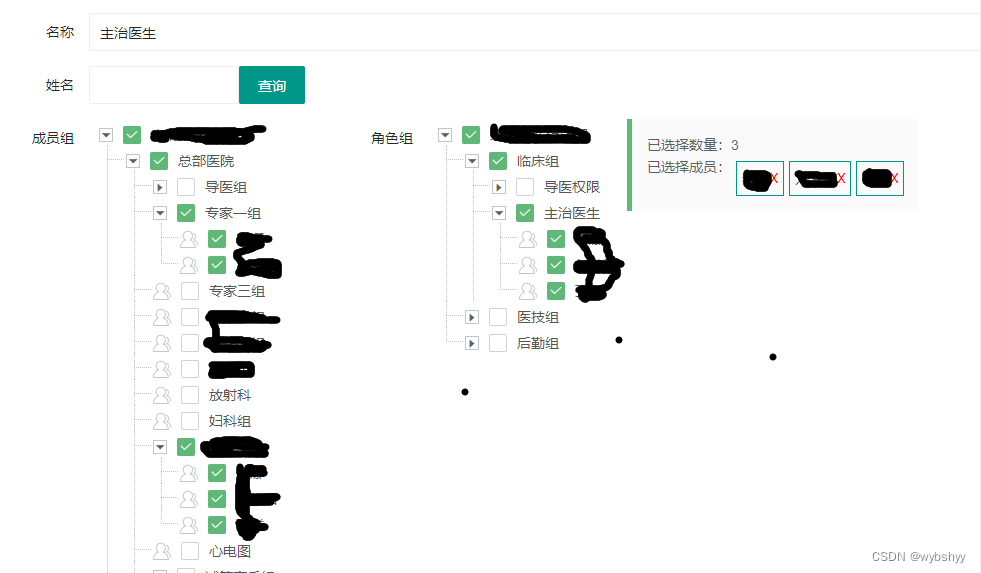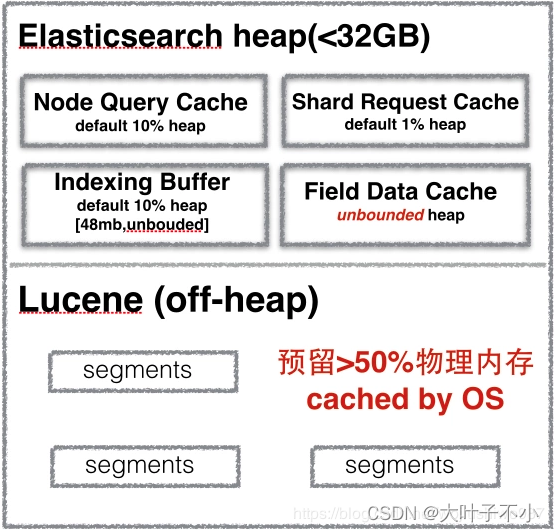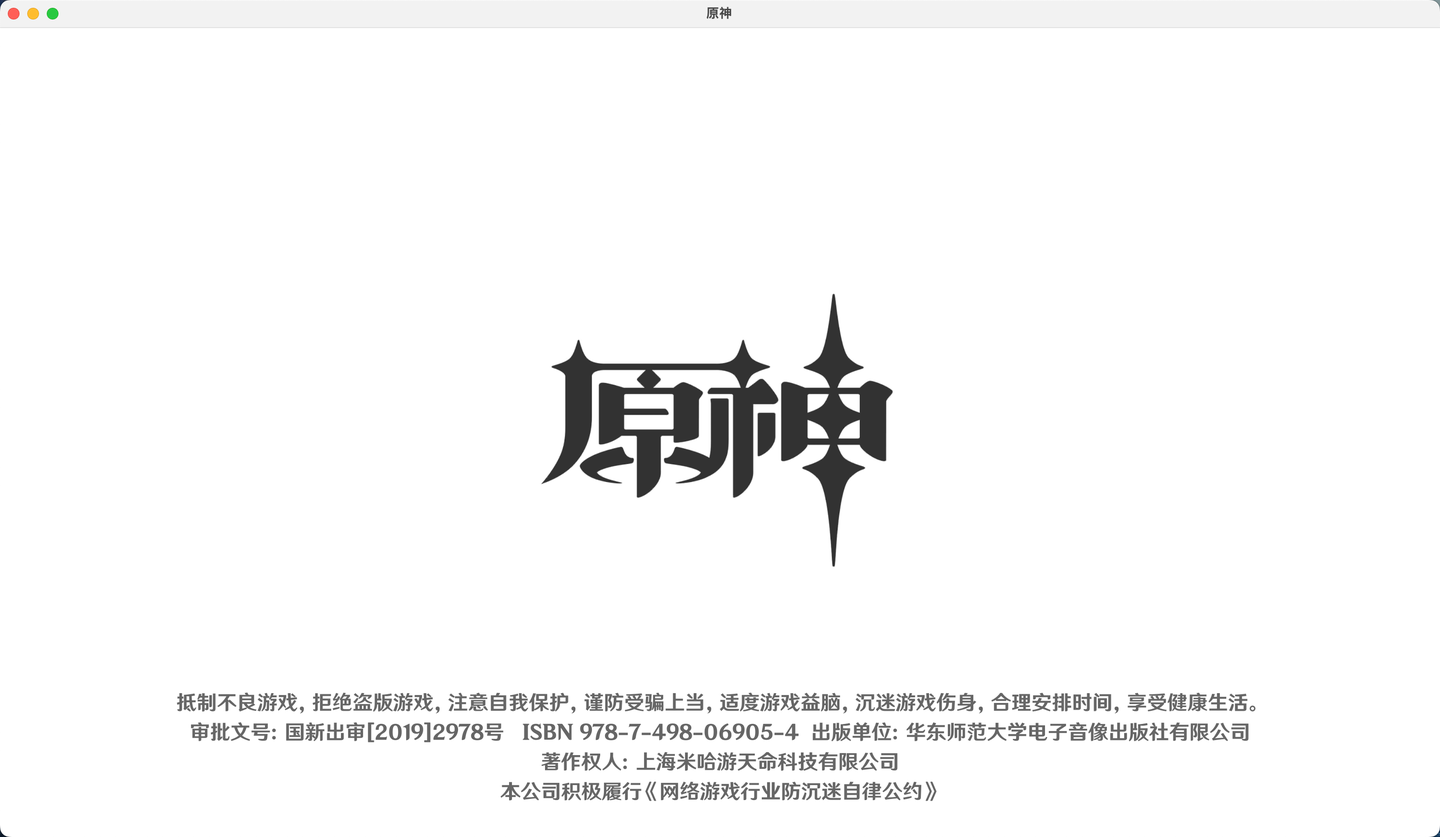解释说明:中介者模式(Mediator Pattern)用一个中介对象来封装一系列的对象交互
中介者使各对象不需要显式地相互引用,从而使其耦合松散,而且可以独立地改变它们之间的交互。
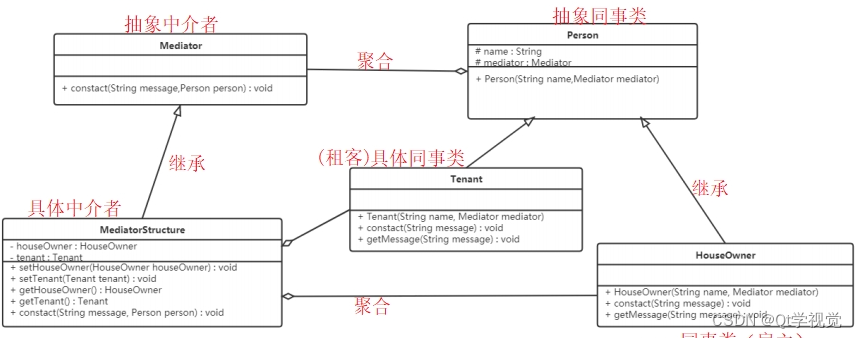
抽象中介者(Mediator):为 Colleague 对象之间的通信定义接口。
具体中介者(ConcreteMediator):实现 Mediator 接口,并需要了解和维护各个 Colleague 对象,负责协调他们之间的通信。
抽象同事类(Colleague):定义与其他 Colleague 通信的接口。
具体同事类 (ConcreteColleague):实现 Colleague 接口,并通过 Mediator 与其他 Colleague 进行沟通。
中介者是对象的通信中心。当一个对象需要与另一个对象通信时,它不会直接调用另一个对象。相反,它会调用中介者对象,其主要职责是将消息路由到目标对象。它允许开发人员不必管理对象之间的链接。
优点:
中介者模式简化了对象之间的交互,它用中介者和同事的一对多交互代替了原来同事之间的多对多交互,一对多关系更容易理解、维护和扩展,将原本难以理解的网状结构转换成相对简单的星型结构。
中介者模式可将各同事对象解耦。中介者有利于各同事之间的松耦合,可以独立地改变和复用每一个同事和中介者,增加新的中介者和新的同事类都比较方便,更好地符合“开闭原则”。
可以减少子类生成,中介者将原本分布于多个对象间的行为集中在一起,改变这些行为只需生成新的中介者子类即可,这使各个同事类可被重用,无须对同事类进行扩展。
缺点:
如果存在大量同事之间的交互,中介者将会变得非常复杂,使得系统难以维护。
适用场景
系统中对象之间存在比较复杂的引用关系,导致它们之间的依赖关系结构混乱而且难以复用该对象。
想通过一个中间类来封装多个类中的行为,而又不想生成太多的子类。
mediator.h
#pragma once
#include "colleague.h"
#include <list>
#include <string>
class IColleague;
// 抽象中介者
class IMediator
{
public:
// 注册参与者
virtual void registerColleague(IColleague* colleague)
{
m_colleagues.emplace_back(colleague);
}
const std::list<IColleague*>& getColleagues() const
{
return m_colleagues;
}
// 将发送者的消息发送给所有参与者
virtual void distributeMessage(const IColleague* sender, const std::string& message) const = 0;
private:
std::list<IColleague*> m_colleagues;
};
concreteMediator.h
#pragma once
#include "mediator.h"
// 具体中介者
class ConcreteMediator : public IMediator
{
public:
// 将发送者的消息发送给所有参与者(但不包括发送者自己)
virtual void distributeMessage(const IColleague* sender, const std::string& message) const override
{
for (const IColleague* c : getColleagues())
if (c != sender) // 不要将消息发送给自己
c->receiveMessage(sender, message);
}
};
colleague.h
#pragma once
#include "mediator.h"
#include <string>
class IMediator;
// 抽象同事类
class IColleague
{
public:
IColleague(const std::string& name) : m_strName(name) {}
std::string getName() const { return m_strName; }
// 通过中介者,将自己的消息发布出去
virtual void sendMessage(const IMediator& mediator, const std::string& message) const = 0;
// 接收来自发送者的消息
virtual void receiveMessage(const IColleague* sender, const std::string& message) const = 0;
private:
std::string m_strName;
};
concreteColleague.h
#pragma once
#include "colleague.h"
#include <iostream>
// 具体同事类
class ConcreteColleague : public IColleague
{
public:
using IColleague::IColleague;
// 通过中介者,将自己的消息发布出去
virtual void sendMessage(const IMediator& mediator, const std::string& message) const override
{
mediator.distributeMessage(this, message);
}
private:
// 接收来自发送者的消息
virtual void receiveMessage(const IColleague* sender, const std::string& message) const override
{
std::cout << getName() << " received the message from "
<< sender->getName() << ": " << message << std::endl;
}
};
main.cpp
#include "concreteColleague.h"
#include "concreteMediator.h"
#ifndef SAFE_DELETE
#define SAFE_DELETE(p) { if(p){delete(p); (p)=NULL;} }
#endif
int main()
{
// 房东
IColleague* landlord = new ConcreteColleague("Tom");
// 租客
IColleague* jerry = new ConcreteColleague("Jerry");
IColleague* tuffy = new ConcreteColleague("Tuffy");
// 中介者 - 添加租客
ConcreteMediator mediator;
mediator.registerColleague(jerry);
mediator.registerColleague(tuffy);
// 房东通过中介将消息发送出去
landlord->sendMessage(mediator, "Xi'erqi, two bedroom house, 6000/month.");
SAFE_DELETE(jerry);
SAFE_DELETE(tuffy);
system("pause");
return 0;
}


